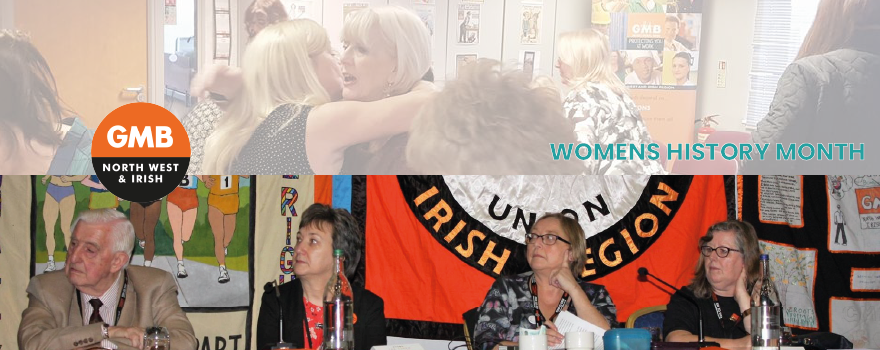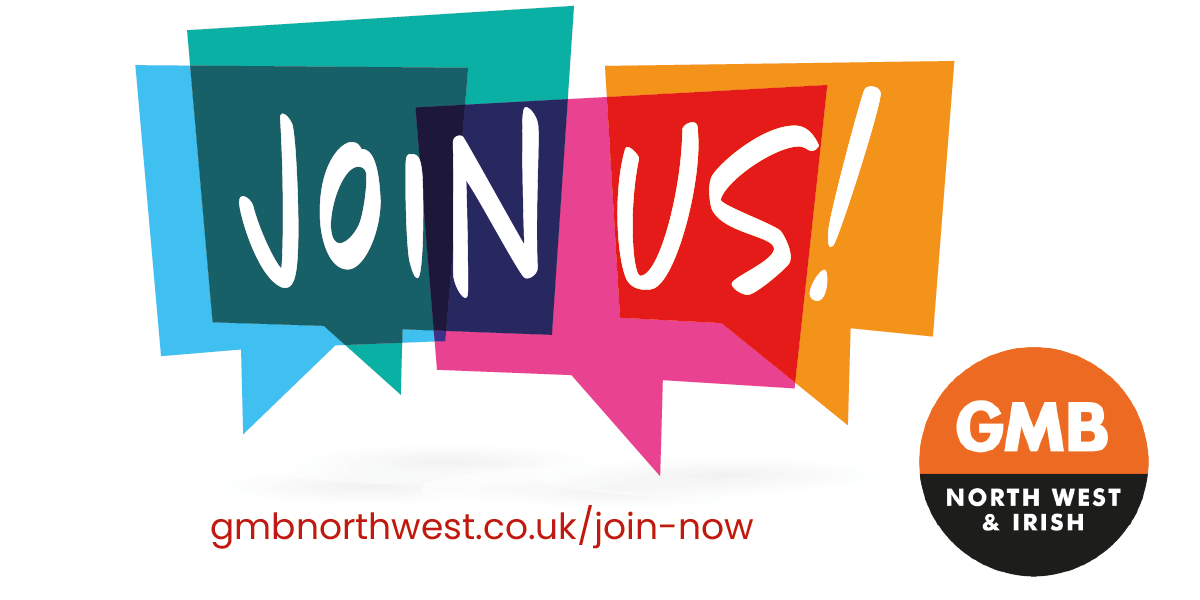
Although women over 30 were granted the vote in 1918, it took a further 10 years for all women in Britain to have equal voting rights in Britain
On Monday 8th March the region will be holding an online event to celebrate International Womens Day. Please contact Lisa Ryan, Lisa.Ryan@gmb.org.uk, to take part or join the GMB union regional equalities group.
As a woman I am constantly asked why we still need International Womens Day, not just by men either, many women will ask whether this is still needed. I get told that holding events specifically for women actually holds women back and stops men from taking them seriously. I get told that “we’re all equal now” and that women can do mens jobs.
There is no denying that equality for women has greatly improved over the past 100 years, but these improvements were not gifted to women, our predecessors had to fight hard to win rights that were afforded to men, then a further fight to ensure rights extended to all women and were not based on status.
It was not until late 1800’s that women were allowed to own, buy and sell property in their own right, prior to this any property transferred to their husband. Although women over 30 were granted the vote in 1918, it took a further 10 years for all women in Britain to have equal voting rights in Britain, 1929 was the first general election at which women were allowed to vote. This was also the year that women were declared ‘persons’ in their own right, prior to this a British ruling from 1876 said women were ‘eligible for pains and penalties, but not rights and privileges’. Despite this ruling in 1929, it would take until 1967 for the Abortion Law Reform Bill (Abortion Act) to be passed, which decriminalised abortion in Britain on certain grounds. Abortion was finally decriminalised in Northern Ireland in 2019. There are still many countries where abortion is totally illegal or only allowed in the case of fatal fetal abnormality which has resulted in victims of rape being forced to carry their pregnancy full term with no consideration given to the woman or her mental well being.
Shockingly, it was not until 1994 that rape within a marriage was considered a crime, prior to this it was believed that non-consensual sex between a husband and wife did not constitute rape. It is estimated that almost 1 in 3 women will experience domestic abuse and that 2 women per week are murdered by a current of former partner.
In the world of work we still see huge inequalities with reports on the gender pay gap highlighting there are still huge financial differences between the pay of men and women although it is improving, slowly. The gender pay gap has reduced from 27.5% in 1997 to 15.5% in 2020. The figures also show how the gender pay gap significantly increases for the over 40’s women. The 2020 statistics show that comparing male and female workers at ages 18-21 and 22-29 there was a 1.2% difference. At age 30-39 this dropped slightly to 0.7%. At age 40-49 the gap jumps significantly to 11.2% , at age 50-59 it is 12.8% and for the over 60’s it is 13%.
Women are statistically more likely to be in low paid work, the Low Pay Commission estimates that 8.1% of female employees aged 25 and over were paid at the relevant minimum wage rate (the ‘National Living Wage’) at April 2019, compared to just under 4.4% of male employees. Women are also more likely to be in part time work, 40% of women in employment were working part-time in 2019, the percentage of men working part-time rose from around 7% in 1992 to 13% in 2010 and has remained at a similar level since.
1.66 million women were economically inactive because they were looking after family or home, this compares to approximately 0.2 million men.
Yes it is true that women of today have a better chance of living and working in an inclusive environment. There is no doubt however that there are still extreme misogynistic views that we all need to challenge. From the #MeToo movement which highlighted the extent of sexual assaults within the workplace, predominantly against women and particularly in the entertainment industry, to the independent inquiry by Karon Monagahan QC, commissioned by the CEC into sexual harassment at GMB union, it is clear there is still much work to do.
That is why events that celebrate women and the achievements of women are important, they serve to remind us of how far we have come, the women who came before us and the world we want to pass on to our daughters.
Lisa Ryan
GMB union
Regional Equalities Officer
To take part in this event or join the regional equalities group please email Lisa direct - Lisa.Ryan@gmb.org.uk
#womenshistorymonth #GMBunionequalities

